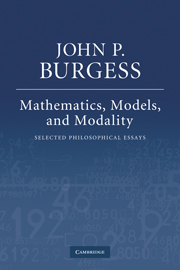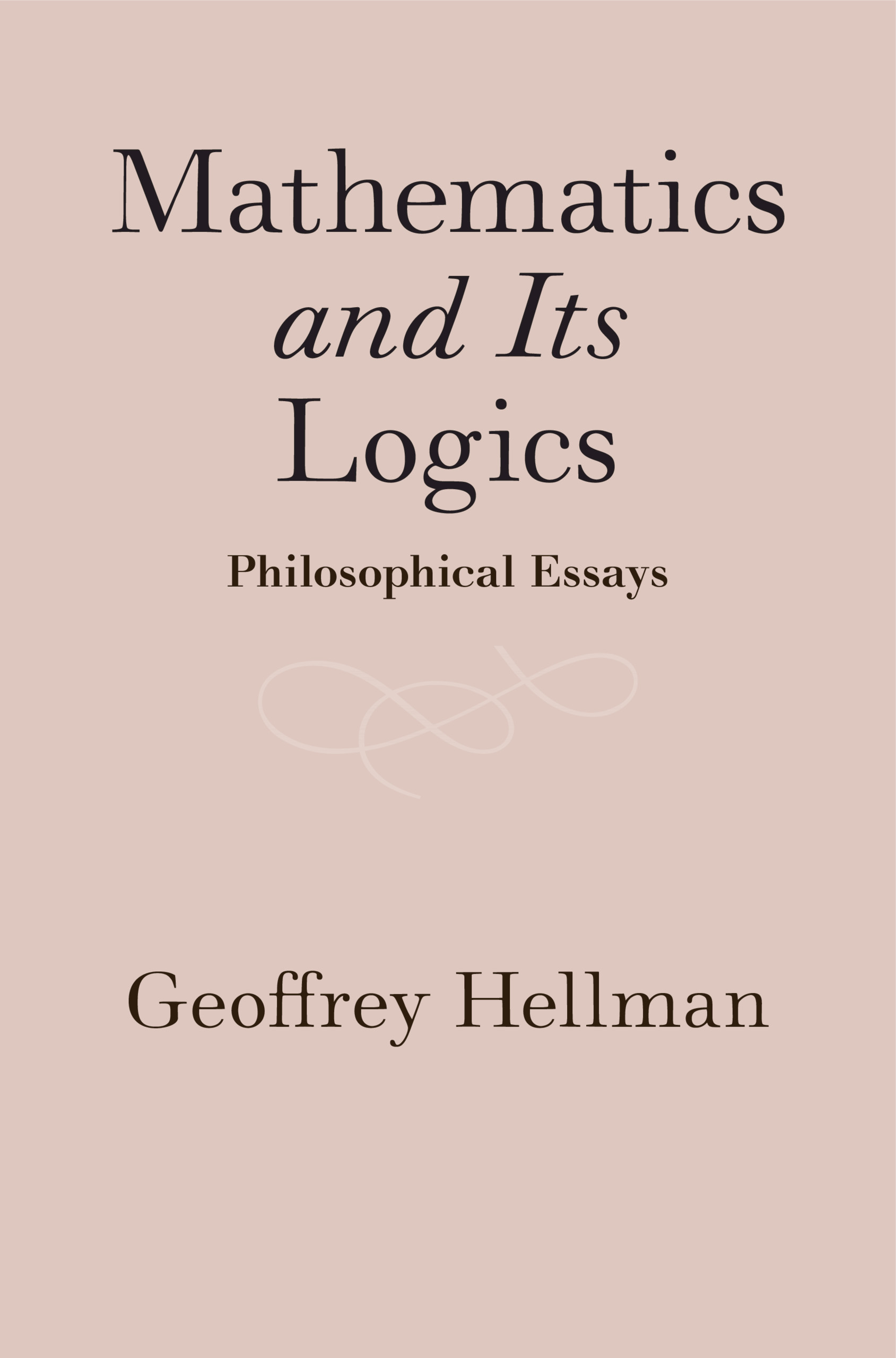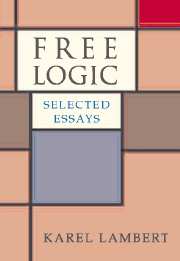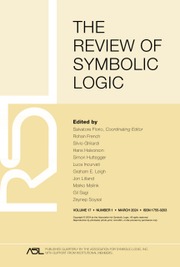Mathematics, Models, and Modality
John Burgess is the author of a rich and creative body of work which seeks to defend classical logic and mathematics through counter-criticism of their nominalist, intuitionist, relevantist, and other critics. This selection of his essays, which spans twenty-five years, addresses key topics including nominalism, neo-logicism, intuitionism, modal logic, analyticity, and translation. An introduction sets the essays in context and offers a retrospective appraisal of their aims. The volume will be of interest to a wide range of readers across philosophy of mathematics, logic, and philosophy of language.
- An intriguing collection of John Burgess's philosophical writings
- Will interest a wide range of readers across philosophy of mathematics, logic, and philosophy of language
- Enables readers to make connections between the varied topics addressed
Product details
March 2011Paperback
9780521189675
316 pages
229 × 152 × 18 mm
0.46kg
Available
Table of Contents
- Introduction
- Part I. Mathematics:
- 1. Numbers and ideas
- 2. Why I am not a nominalist
- 3. Mathematics and Bleak House
- 4. Quine, analyticity, and philosophy of mathematics
- 5. Being explained away
- 6. E pluribus unum
- 7. Logicism: a new look
- Part II. Models, Modality, and More:
- 8. Tarski's tort
- 9. Which modal logic is the right one?
- 10. Can truth out?
- 11. Quinus ab omni noevo vindicatus
- 12. Translating names
- 13. Relevance: a fallacy?
- 14. Dummett's case for intuitionism.






